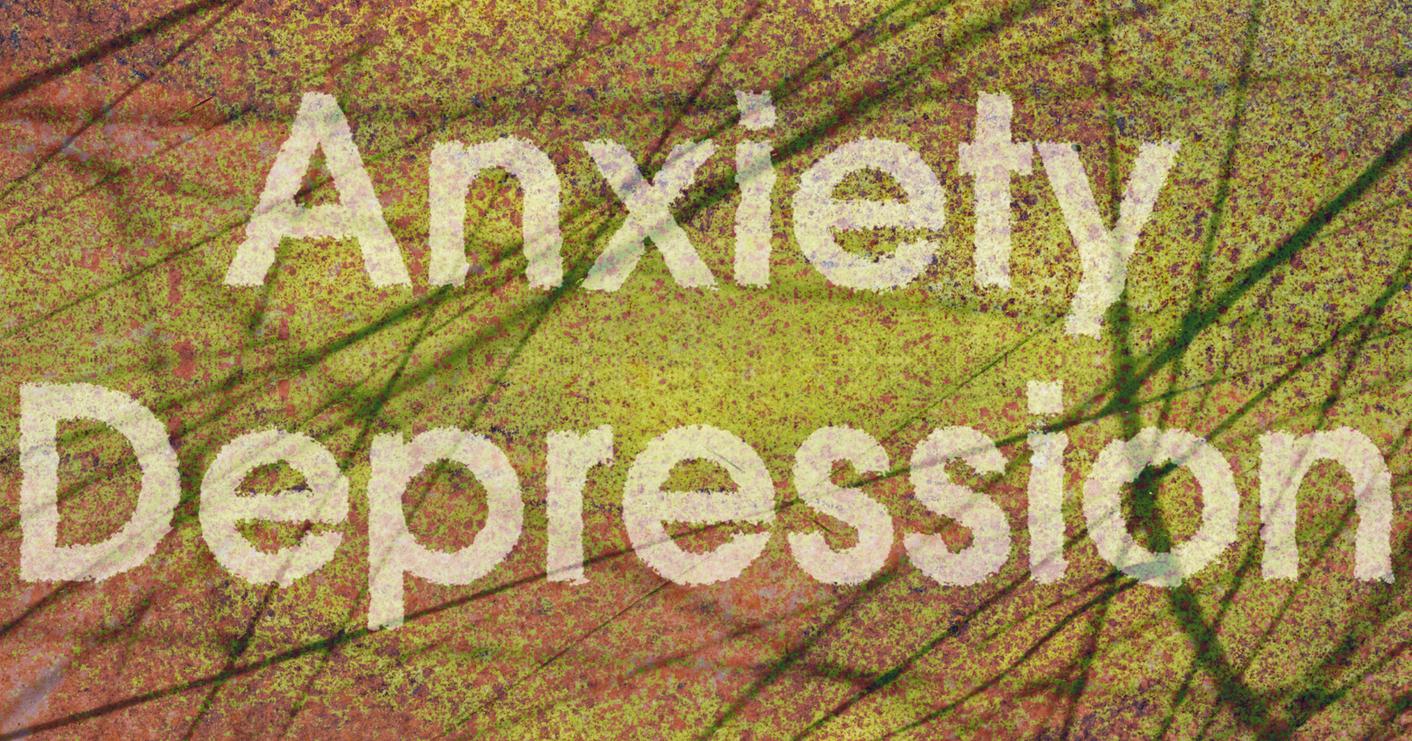How To Understand The Difference and Similarities Between Anxiety And Depression
Apprehension And Worry VS Listlessness And Hopelessness

Another difference between anxiety and depression is apprehension and worry versus listlessness and hopelessness. When an individual has anxiety, they tend to worry a lot. They may worry about the situation they're currently in and the ways it could go wrong. Patients with anxiety may also worry about the future, agonize over small mistakes they made in the past, or even make up completely impossible scenarios that cause them a lot of anxiety. They may avoid going out or engaging in other day-to-day tasks because of your apprehension.
With depression, on the other hand, there tends to be a sense of hopelessness and listlessness. Rather than being afraid of activities, patients simply don't have any interest in doing them. They may lose interest in social relationships, hobbies, and even taking care of themselves. Instead of being worried about the future, individuals with depression often have a sense of hopelessness and resignation about it.
One Can Result In The Other

Depression and anxiety often occur together. Though the symptoms can develop at the same time, it's also possible that one can result in the other. If individuals originally have depression, they may feel hopeless and lethargic and uninterested in the world. These feelings can cause their work, school, and social life to suffer, which can, in turn, lead to anxiety. Patients may also be anxious because they're worried they will never feel okay again.
If individuals originally have anxiety, they may feel apprehensive and worried about themselves and the world. These constantly elevated stress levels take a toll on both their physical and mental functioning. This may also lead patients to start avoiding activities they previously enjoyed. When anxiety is having a significant impact on an individual's life, and they're constantly feeling overwhelmed and upset, it's common for that to lead to the same hopelessness found in depression.
